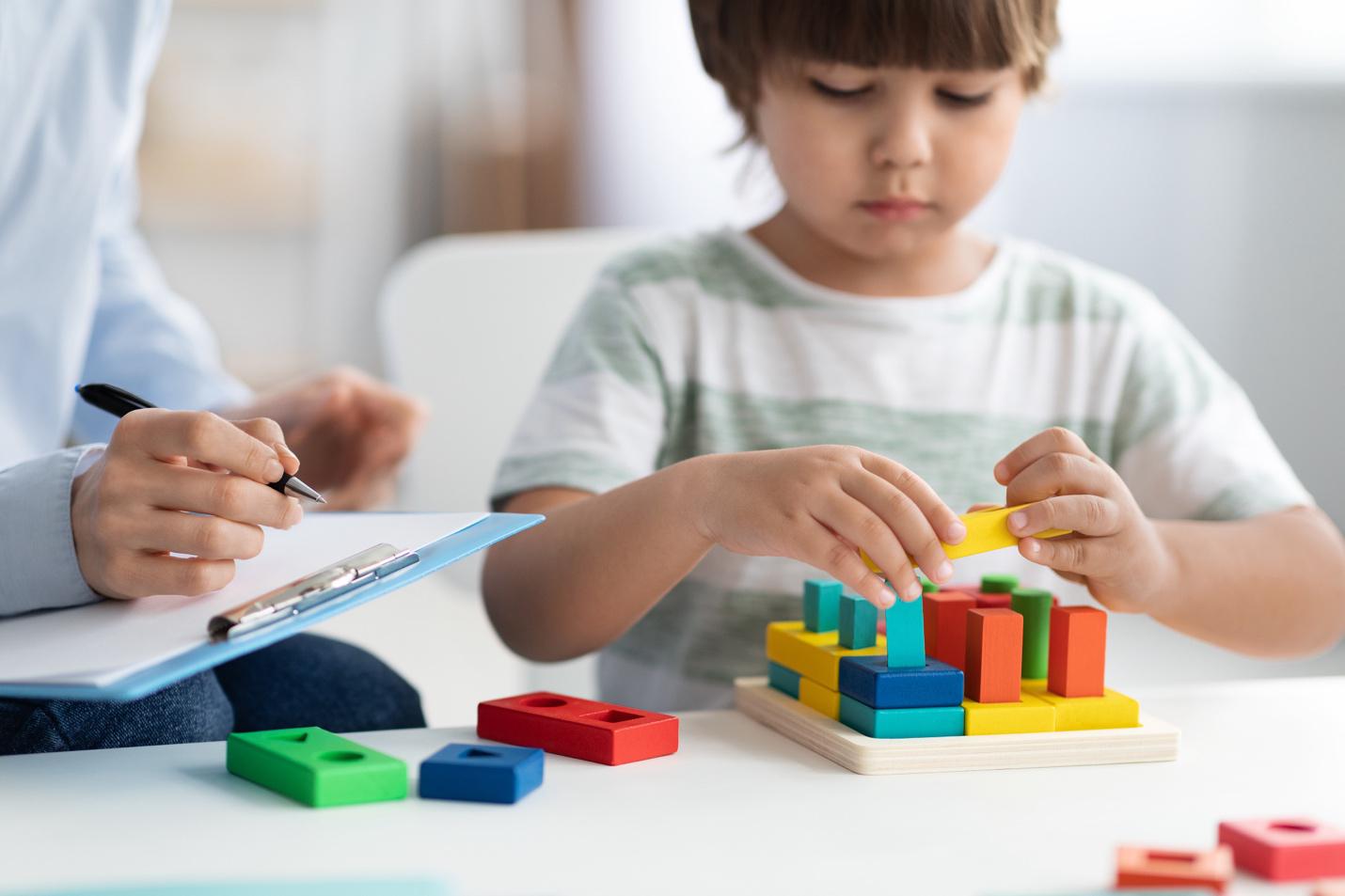
Children are often more vulnerable to misinterpretation when it comes to emotional and behavioral concerns. While early diagnosis of mental health issues can offer valuable support, a misdiagnosis can lead to unnecessary treatments, missed opportunities for genuine help, and lasting emotional effects. For parents and caregivers, understanding how mental health misdiagnoses occur in children is the first step toward better advocacy and accurate care.
Why Mental Health Misdiagnoses Are Common in Children
Diagnosing children is particularly complex because their emotions and behaviors are still developing. Mood swings, impulsivity, and defiance are often typical of different stages of childhood. What might appear to be a disorder such as ADHD, depression, or an anxiety disorder could, in some cases, be part of normal development or a reaction to stress in the child’s environment.
Factors like language development delays, learning disabilities, and cultural differences can also lead to incorrect conclusions. Some children internalize stress or trauma, which may result in behaviors that mimic the symptoms of conditions like autism or bipolar disorder. Professionals who rush the evaluation process or lack comprehensive tools may miss these important distinctions.
The Consequences of Incorrect Diagnoses in Children
When a child is misdiagnosed, it can have far-reaching consequences. Treatments like medication may be unnecessary or even harmful if they are not addressing the correct underlying issue. A child who is told they have a particular disorder may develop a fixed identity around that diagnosis, which can impact their confidence and how they interact with the world.
Misdiagnoses can also delay effective intervention. For example, a child exhibiting signs of trauma might be labeled as having a behavioral disorder and placed in disciplinary programs rather than receiving trauma-focused care. Consulting a professional who specializes in childhood mental health provides an opportunity for more accurate assessments based on multiple sources of input, including family, teachers, and medical professionals.
What Parents and Caregivers Can Do
Families are the strongest advocates for a child's mental health. If a diagnosis feels rushed or unclear, parents should not hesitate to seek a second opinion. Requesting a comprehensive evaluation that includes psychological testing and behavioral observations over time often leads to better outcomes.
Partnering with a counseling therapist who takes a collaborative, child-centered approach helps ensure a more accurate diagnosis. These professionals understand how to differentiate between overlapping symptoms and can design treatment plans that reflect the child's unique situation.
Early and accurate diagnosis is essential to supporting a child’s mental and emotional well-being. Taking the time to ask questions, request thorough evaluations, and build a support team can help families provide the best possible path forward for their children. For more information, check out the resource below.



























